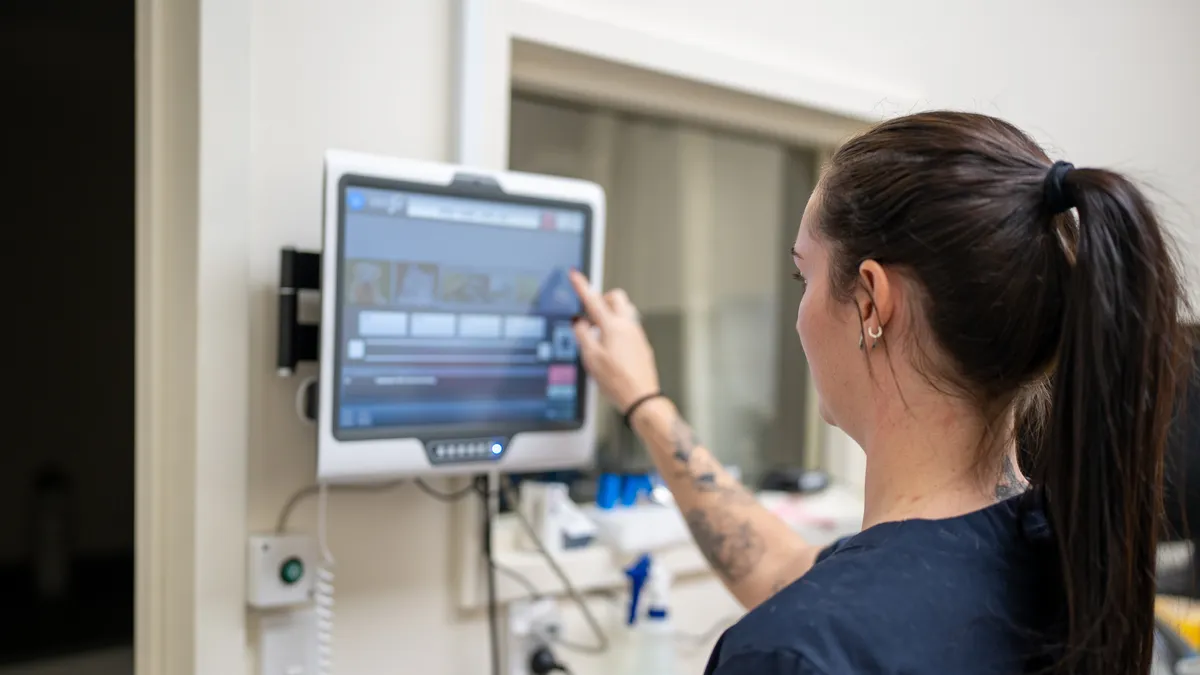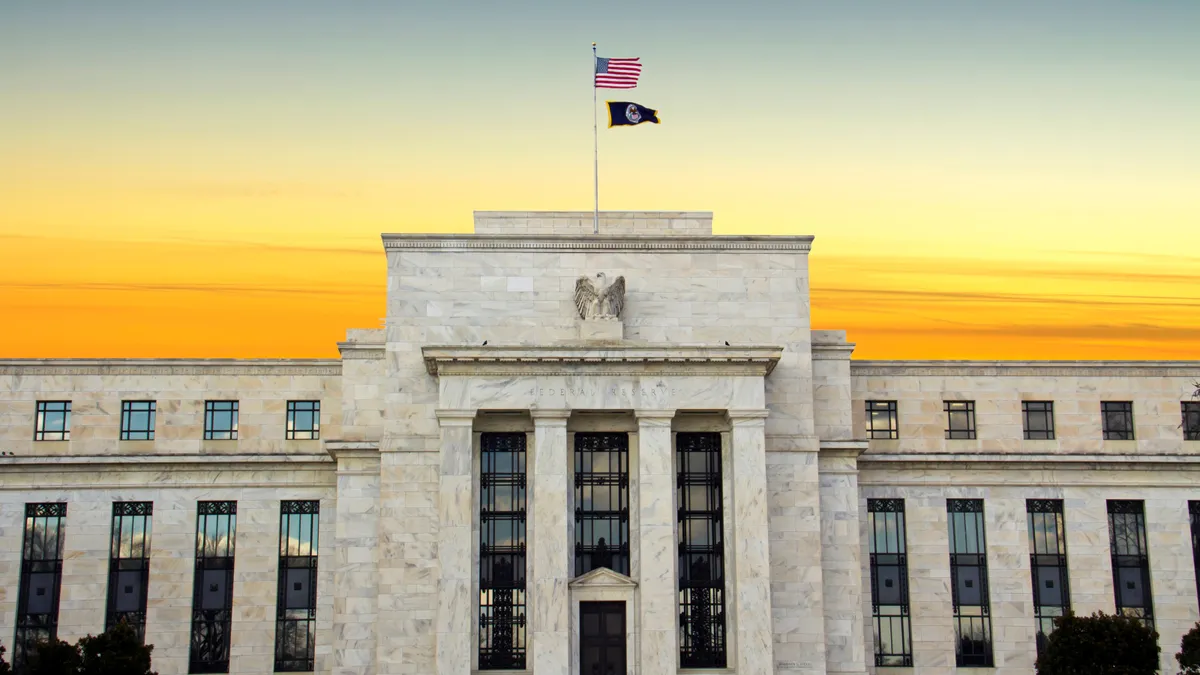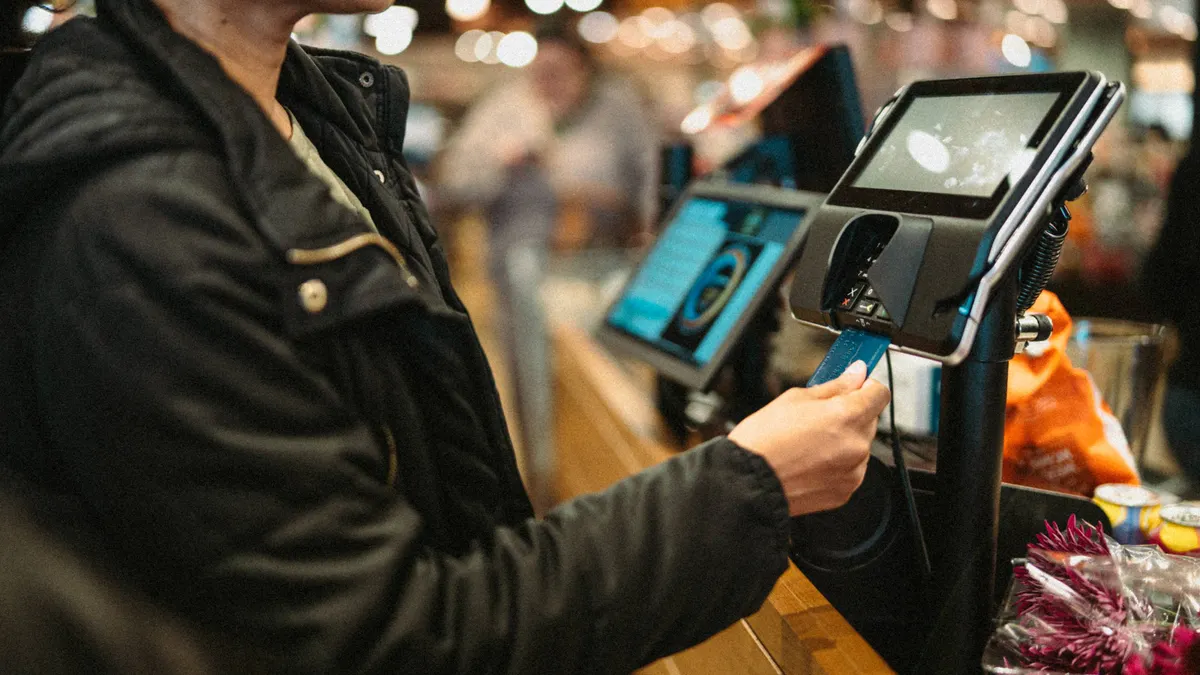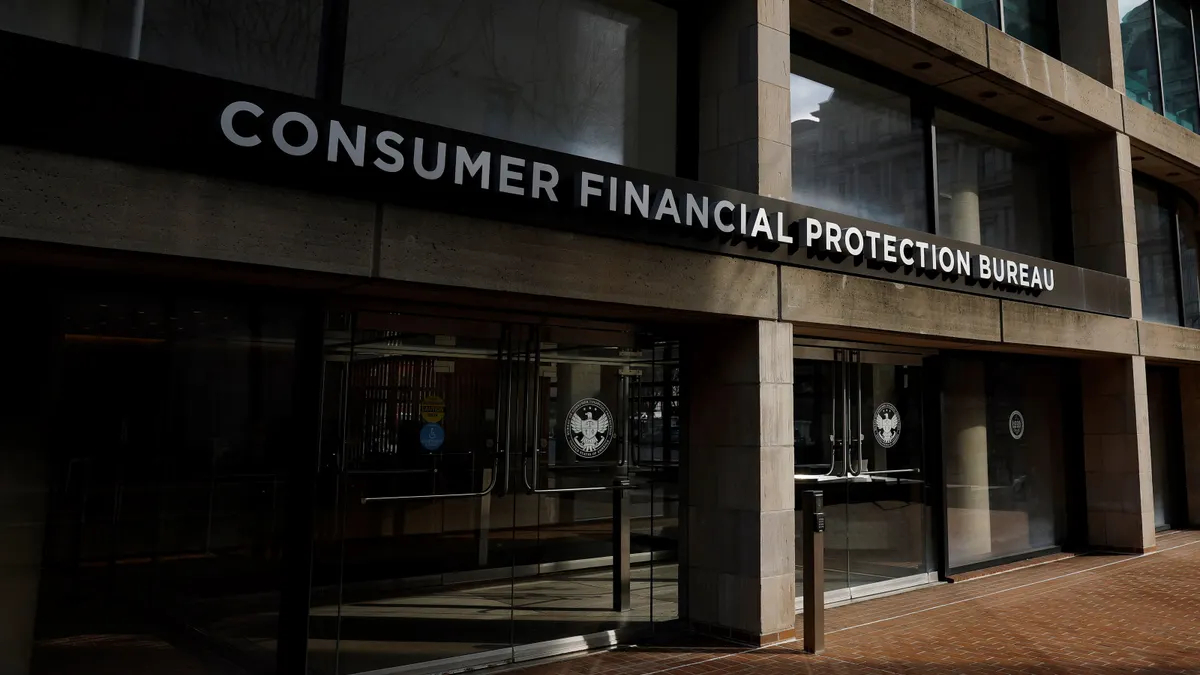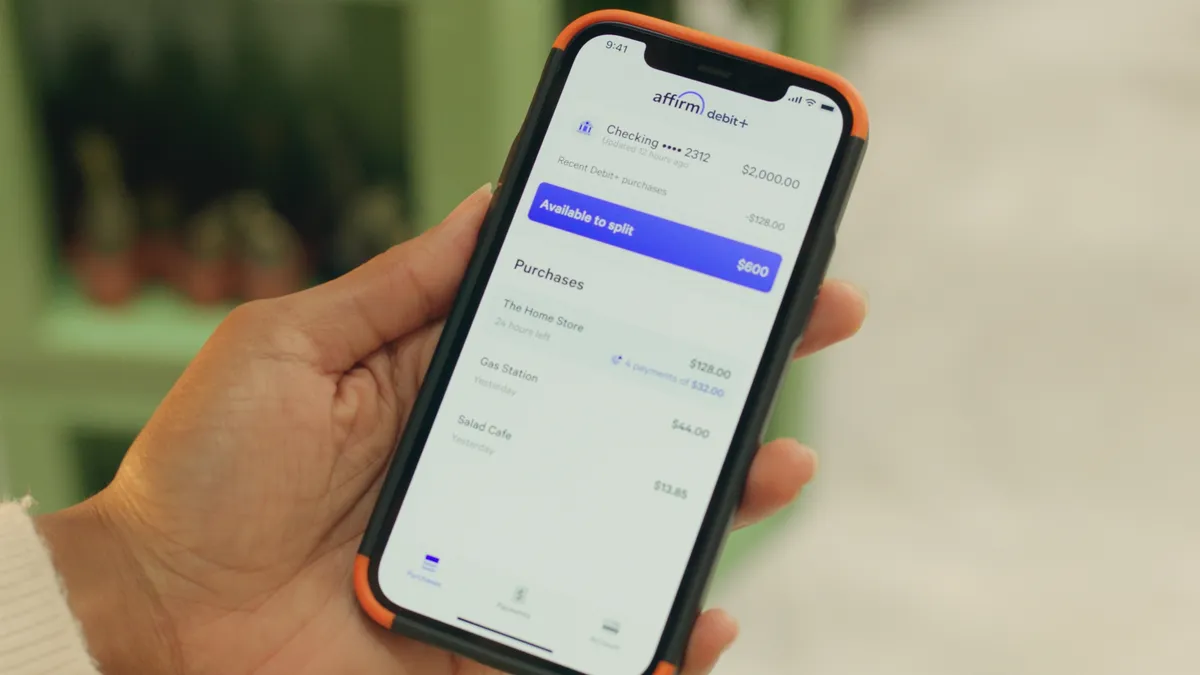UPDATE: June 7, 2021: The Illinois legislative session ended last month without passage of the bill, but the House chamber did vote to approve it on April 21 and it remains a bill for the Senate to consider when it reconvenes.
"Despite running out of time during the spring session to pass this legislation, I'm confident we'll get it done in this legislative session," Rep. Croke said through a spokesperson. "In the meantime, I will continue working to make Illinois a leader in the growing fintech and blockchain industries."
The bill passed the Senate judiciary committee on May 19, but then didn't get a full senate vote before the chamber technically adjourned this year's session on May 31 (despite some business being pushed past that deadline). Nonetheless, the full two-year session doesn't end until January, 2023, so there is plenty of time for Senate action.
"I’m hopeful that the legislation will maintain momentum and get passed in the next session," Burling Bank CEO Michael Busch said by email. He bank has been a supporter of the legislative proposal.
----------------
Illinois may soon become the second state in the nation — and the biggest — to create a new banking charter that lets special trusts hold digital assets, including cryptocurrencies.
The Illinois House committee on Financial Institutions on Tuesday unanimously passed a bill to create the new charter for "special purpose trust" companies, potentially putting the bill on a fast-track to become law by May, says its sponsor, Illinois Rep. Margaret Croke. Croke, a Democratic legislator from Chicago's north side, said she sees the prospective law as a means to give Illinois a lead in the fast-expanding digital asset industry and attract companies, commerce and jobs to the state.
Worldwide, the burgeoning digital asset industry got a major boost over the past year from the skyrocketing value of the biggest cryptocurrency, Bitcoin. The market value of all cryptocurrencies is about $758 billion, according to Statista. Countries, states and companies are increasingly competing to court digital asset interests. Such businesses are revolutionizing consumer and business payments in the U.S. and across international borders.
"I had to get out of the bubble of the way I look at money in our country," Croke said in an interview with Payments Dive. She now owns the cryptocurrencies Litecoin and Ethereum, she said.
Challenge of banking
Digital asset companies have found it generally difficult to bank with traditional institutions, in part because it is expensive for the startups, Croke said. The law would lend stability to the industry and support expansion, she said. "You want to be able to facilitate that growth."
While Bitcoin gained popularity with consumers in recent years, its volatility and complexity have made it slower to catch on with financial institutions, until more recently. Now, even big banks such as JPMorgan Chase and Goldman Sachs are adopting ways of working with digital assets.
At the federal level, the Office of the Comptroller of the Currency (OCC) has issued guidance regarding banks' use of stablecoins and blockchains, as well as an interpretive letter clarifying national banks are allowed to provide cryptocurrency custody services. But the OCC, the Fed and courts continue to debate policy issues related to digital assets, including the creation of a central bank digital currency.
Proponents of the Illinois charter legislation include the Illinois Department of Financial and Professional Regulation as well as the University of Illinois System. Bank and business organizations have also lent their support.
"We are proponents of this bill because we want to be innovative ... around this industry," said Chasse Rehwinkel, who is acting state banking director at the IDFPR. "It was something that was being asked for so we decided to do our due diligence, and then we supported it."
Rehwinkel notes companies operating under the prospective new special trust charter will still be required to meet state requirements and adhere to new rules yet to be written for the charter. Ultimately, the trusts would be able to have the same financial products as an existing trust and offer other digital asset services, he said. "The idea is to make sure that this type of financial institution is held to the same scrutiny as our existing bank trusts," he said.
The Illinois Bankers Association, the Chicagoland Chamber of Commerce, Burling Bank, Chicago-based cryptocurrency ATM operator Coinflip and London-based venture capital firm Outlier Ventures have also signed on as proponents of the bill.
"A clear and consistent regulatory structure with defined expectations will help banks work harmoniously with crypto-related businesses to foster innovation while providing necessary protections for consumers," Burling Bank CEO Michael Busch said in an emailed statement. "It’s imperative that we keep the transaction flow, and the associated positive economic impact, in Illinois for the benefit of our residents."
Growth in digital assets
The digital asset industry, including the blockchain and distributed ledger technologies that underpin it, has grown steadily in recent years. An Illinois Blockchain Business Development report produced by the IDFPR in December noted that worldwide investment in blockchain technology startups jumped to $4.18 billion as of 2018, up from one million in 2012, citing data from Statista. With the soaring value of Bitcoin, the value of the industry has swelled.
Only the much less populous Wyoming has a similar special charter law on the books, and that state has attracted companies like the digital asset bank Avanti and the cryptocurrency exchange Kraken. Other states, including New York, California and Texas, have taken different approaches, including creating a business license, oversight office and providing guidance, respectively.
"Chicago/Illinois has every right to win in blockchain, given that we are a unique intersection of financial hub and real-economy hub (manufacturing, logistics, agriculture, etc.)," said Outlier Ventures Partner Rumi Morales. "If we connect digital payments innovation to those sectors, the potential is huge."
Illinois Sen. Bill Cunningham, also a Democrat and the Assistant Majority Leader in that house, has agreed to sponsor the companion bill, said John Patterson, a spokesman for the lawmaker. Because the House bill passed out of the committee unanimously and without amendments, it's on a House fast-track, giving Croke confidence it will pass both houses before the legislative session ends in May.
Illinois Gov. J.B. Pritzker, also a Democrat, likewise seems open to supporting it. "The Governor's Office understands the need for increased regulation in this space and looks forward to reviewing the legislation in the days ahead," said Charity Greene, a spokeswoman for Pritzker's office.
Croke said she wanted to send a signal that Illinois is serious about crypto, buttressing it as a "fintech hub." The city has already made a name for itself in crypto. It's an industry that gives Illinois a "cool" factor and she'd like to beat California and New York to the punch in having such a charter, she said.








